Why have McDonald’s fries during IVF?

If you’ve been hanging out in fertility forums and groups you may see a lot of snaps of people enjoying some McDonald’s fries at different times during IVF.
Eating McDonald’s fries after egg collection is a quirky tradition adopted by many IVF patients. While it might seem like a superstition, this practice stems from the theory that the salt in the fries can help prevent OHSS, though this theory has limited scientific support.
McDonald’s Fries after IVF Egg Collection
IVF can be full of ups and downs, and before you get that BFP there can be more downs than ups. Treating yourself to some McDonald’s fries after egg collection is not only a treat and something to look forward to throughout the IVF roller coaster, but is also thought to prevent OHSS. The theory is that the salt in the fries helps prevent OHSS (Ovarian Hyperstimulation Syndrome), a potential side effect of IVF.
Understanding OHSS and the Role of Salt
What is OHSS
Ovarian Hyperstimulation Syndrome is a condition that can occur in some women who undergo fertility treatments. It’s characterized by swollen, painful ovaries and can range from mild to severe cases. OHSS is typically caused by an excessive response to the hormonal medications used in IVF.
For most clinics, if you get 15+ eggs at retrieval they will not allow a fresh transfer as it increases the chances of developing OHSS. It can be frustrating but it’s best to stay on the safe side, I myself have turned up for a fresh transfer only for it to be canceled once in the procedure room due to fluid and swollen ovaries. I’m not going to lie, I was an emotional wreck when I had to go home without completing the transfer, but I know it was for the best, and next time will definitely listen to my body more as I knew I wasn’t recovering as well as I had after my first egg collection.
Salt to the Rescue
The high sodium content in McDonald‘s French fries is believed to help with fluid balance. Sodium is a key electrolyte that helps regulate the amount of water in and around your cells. In the context of OHSS, where fluid accumulation is a concern, increasing salt intake theoretically helps the body retain fluid in the blood vessels and prevents it from leaking into the abdomen.
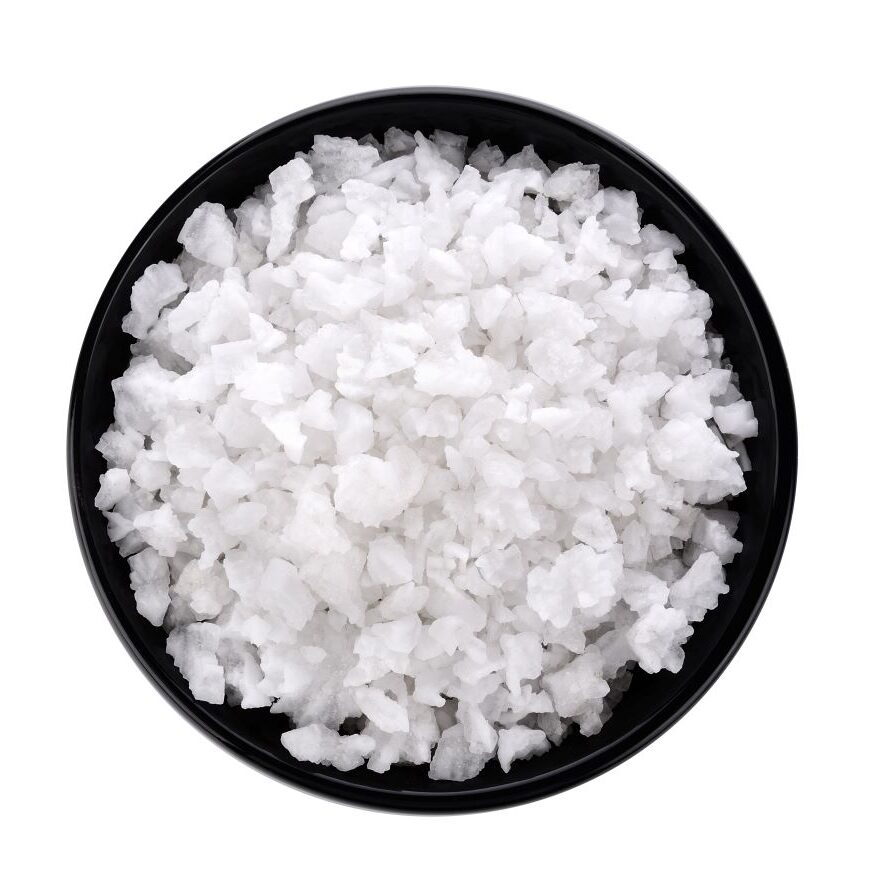
The Tradition of French Fries Post-IVF
A Quirky Ritual
What started perhaps as a one-off indulgence has turned into a widespread tradition among IVF patients. Eating McDonald’s French fries after the procedure has become a way to not only potentially ward off OHSS but also to celebrate the completion of a significant step in the fertility journey.
Community Bonding
This tradition has fostered a sense of community and shared experience among IVF patients. Online forums, social media groups, and fertility blogs often buzz with stories and pictures of patients enjoying their post-IVF fries, creating a light-hearted moment in what can be a stressful time.
A Pinch of Caution
Moderation is Key
While the idea of using McDonald’s French fries as a preventive measure for OHSS is popular, it’s important to approach this tradition with moderation. French fries are high in calories and fat, and a balanced diet is essential for overall health, especially during fertility treatments.
A Nod From Healthcare Professionals
Interestingly, some healthcare professionals acknowledge this tradition, understanding its potential benefits and the joy it brings to patients. However, they also emphasize the importance of a balanced diet alongside this practice.
McDonald’s Fries in IVF Are More Than Just a Snack
the tradition of eating McDonald’s French fries after IVF is more than just a quirky practice. It represents the blend of hope, community bonding, and a potential strategy for preventing OHSS. While it should not replace medical advice or a balanced diet, this fun tradition highlights how small joys can be a significant part of the emotional journey through IVF.

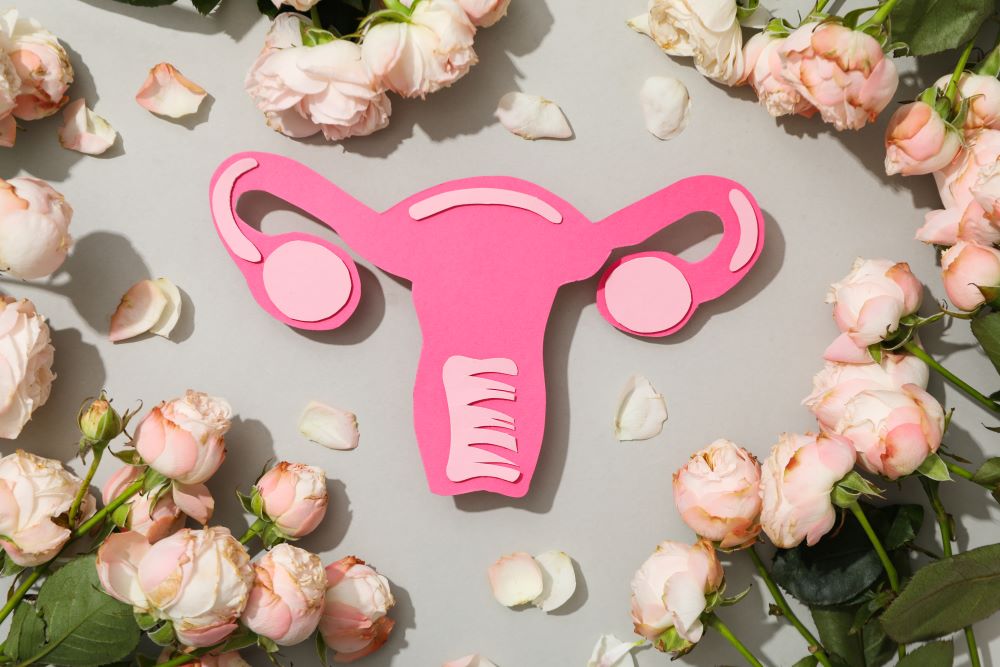
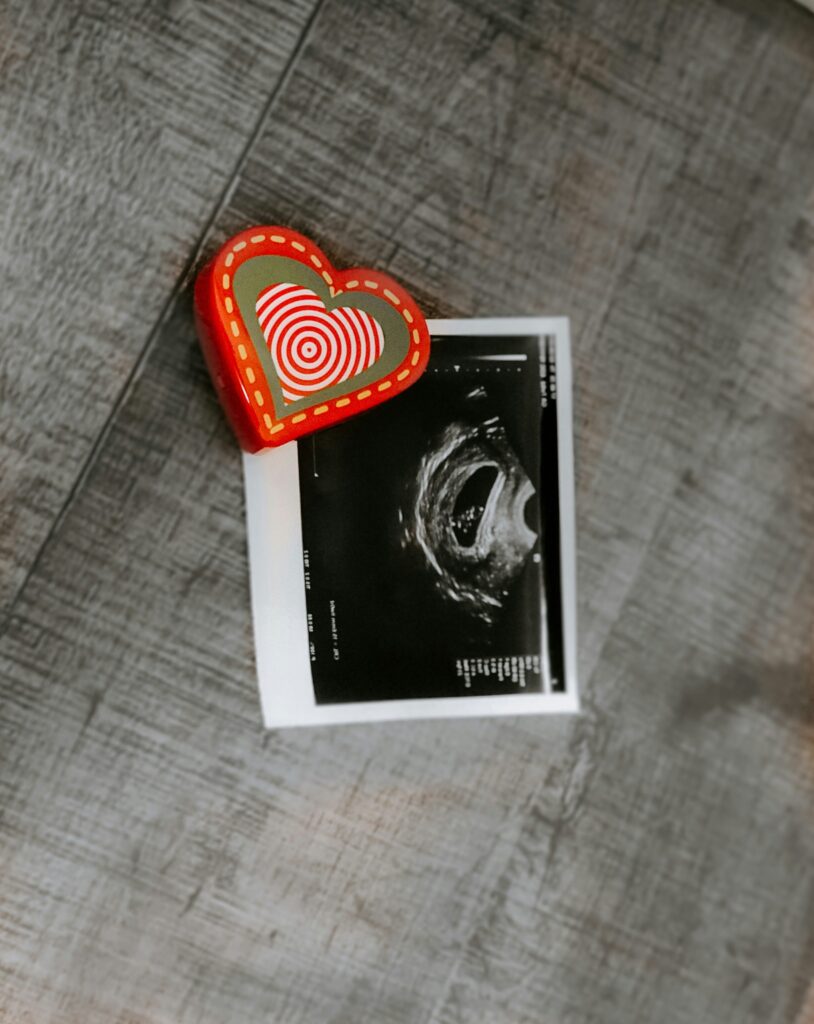
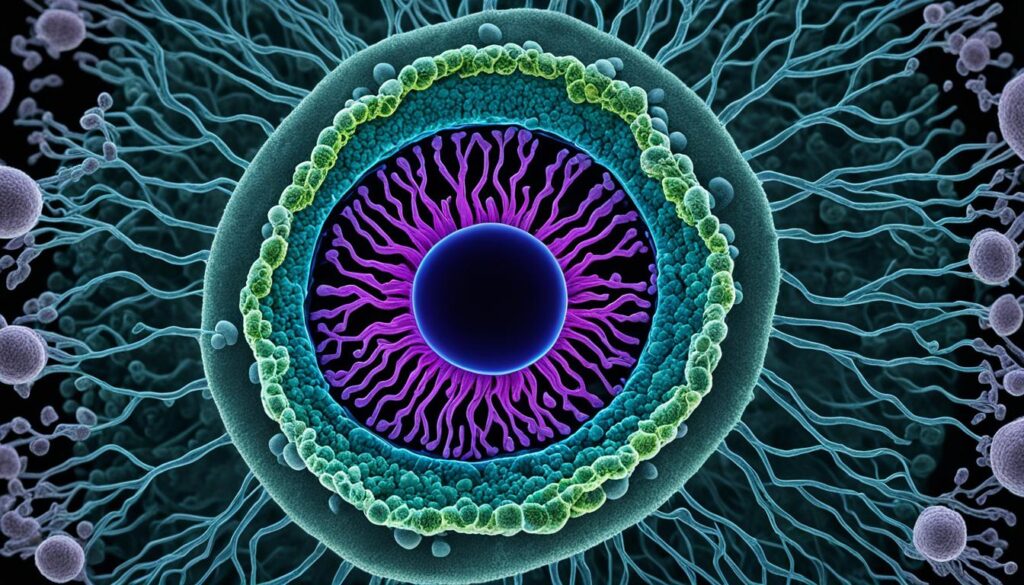
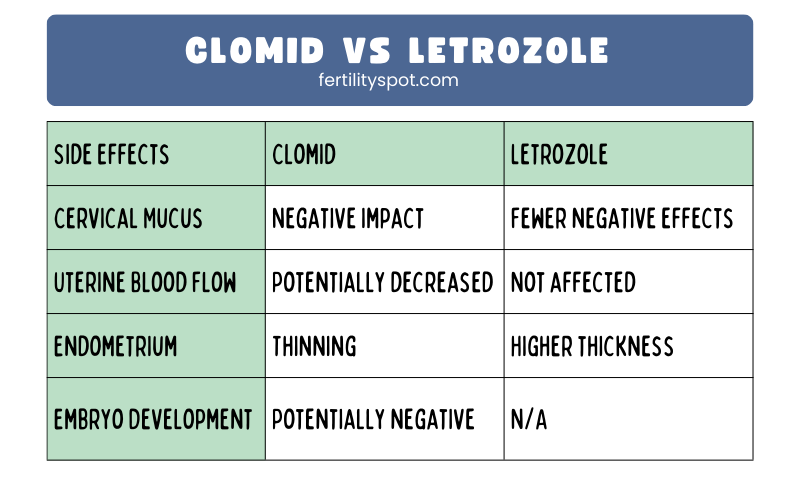

Responses